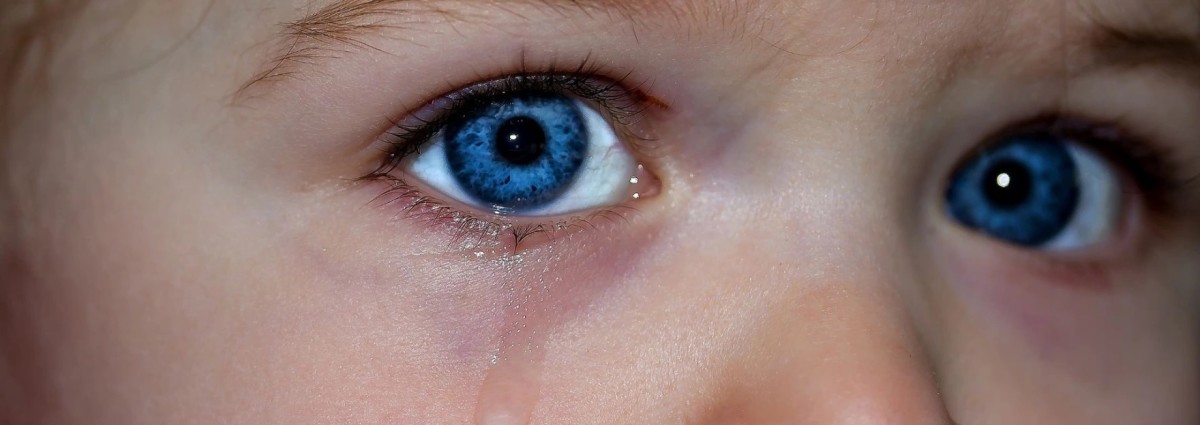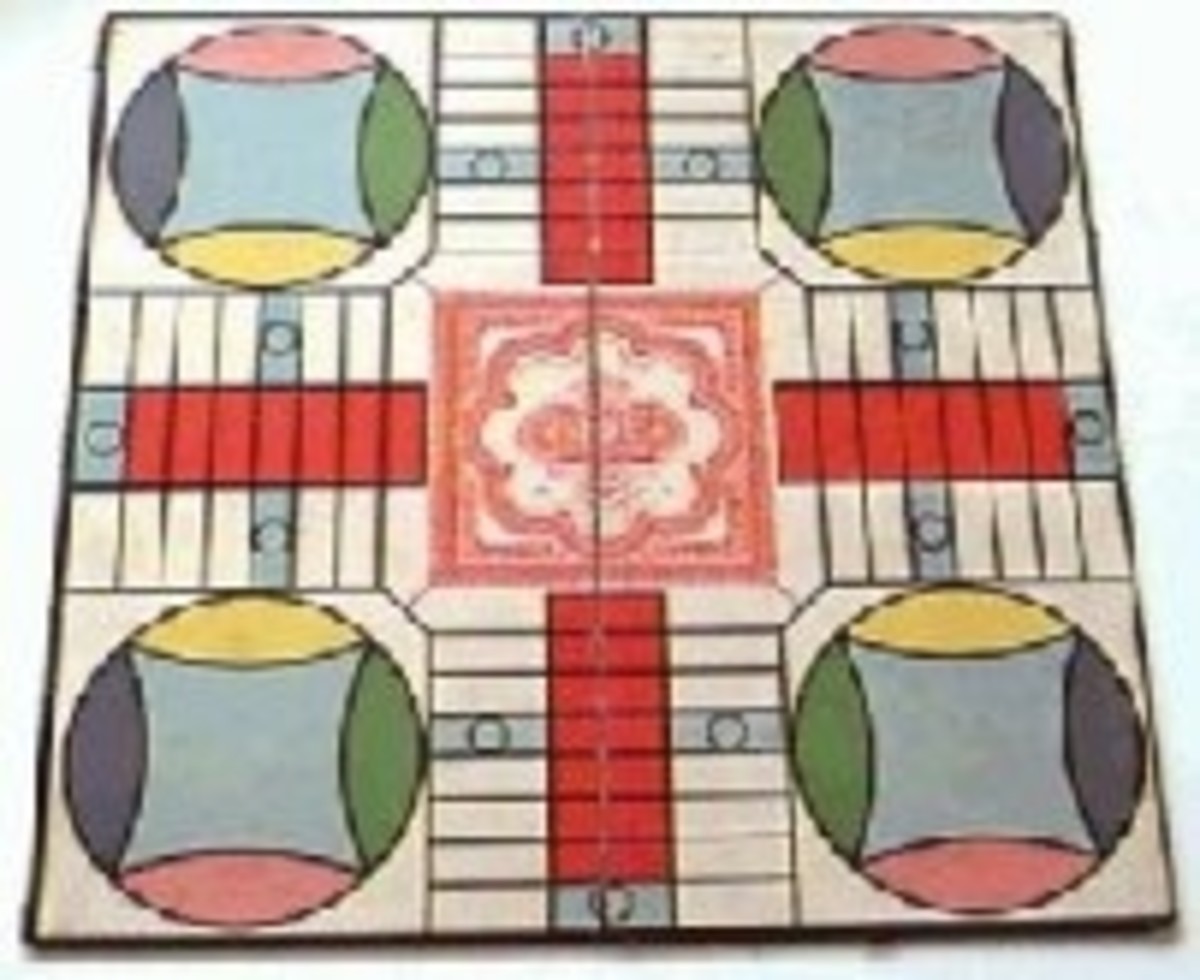A Guide to Understanding Children-Pt.4
2 More Factors which Influence Child Behavior
This is part 4 of a four part blog. The final two factors influencing child behavior are: *a child's family position...........and......*a child's response.
A CHILD'S FAMILY POSITION:
As a family grows, it moves from mom and dad only to any number of children. Upon the arrival of child one, mom's and dad's roles change from wife and husband to mom and dad. As members of the family enter they "assume a particular role". Each new family member influences the family "personality" and each new member influences the "personality" of their siblings.
First baby brings new dimensions to husband and wife since this baby is the "only child". Mom and dad are the givers of attention and baby is the sole receiver. These three family members develop a pattern of interactions.
Second baby comes and this changes the "accepted" interactions and alters the patterns set before his arrival. First baby now deals with the new interactions and so do mom and dad. First baby is no longer "the baby" and he must establish his new status as "older sibling" while second baby is now "the baby".
Enter third baby. More changes for mom. More changes for dad. More changes for first baby and more changes for second baby.
The whole time that children are being added to the family, personalities are in stages of flux, change, and resistance to change. They are adjusting to "family" which is continually changing. While all of this is happening, the family is "evolving" and the children are responding to their desire to belong, to their own observations, to their environment, to their position in the family, and to their own responses to what is constantly going on around them and within themselves.
Each child evolves in his own way. For example, first child may resent not being "baby". Second child may wish he were first and so on. The first child my direct his behaviors and interactions in an attempt to stay ahead of second child and third child etc. Second child may begin to resent first child's advancement. The significance a child gives to his position in the family all depends on how he interprets it. Sometimes early reactions to a child's own position in a family follows him throughout life. There may be competition, discouragement, achievement, lack of achievement, faulty interpretation of individual events, improper interaction, damaged self-concept, failure, success. Interrelationships and self perceptions are being formed as children are finding their place in their "mini -society", the family.

From the beginning, family is the child's "mini-society".
A child's role is also impacted by how parents interact. One child may require less attention or more parent reprimands or less attention. Another child may require little attention or be denied attention because parents are "busy" with another child who needs their attention. Parents may set varying standards of achievement, maturity, responsibility, participation, accomplishment, social interaction depending on a particular child's willingness or ability to meet parent expectations.
As a result of these interactions and expectations and influences, a child may assume a distinct role as a brother or sister and as an individual...Thus, children assume their roles and "live" life according to their own individual interpretations of life.
Every child in a family behaves according to how he interprets his position and every child influences another child and his parents according to his behaviors within the mini-society, family. If a child's interpretations are faulty, he may make errors in his reactions. He may make mistakes and develop faulty goals for himself.
The observant parent will see the "conflicts" among children and remember their position in the family when trying to interpret what is "truly" happening. The "well trained" parent will understand the personalities and behaviors in light of possible family position to help prevent a child's faulty interpretations during conflicts with others.
His Own Responses
Try as one may, parents can not make children into what they want them to be. There are way too many influences which help determine the type of social beings children become. Not to mention that a child is his own entity. Everything that happens (or does not happen) to him shapes his personality.
He is part of too many relationships and environmental impacts for a child not to take part in his own "shaping". Children build their own relationships to others by using their own creative powers and their own responses while trying to find their place...their "role". It's like trial and error. What works in one of his relationships may not work in another. With one person he may react in one way and with another person he may react another way. This is true "out in the world" and in his own mini-society, the family.
A child's interpretation of his family position and his response can be as infinite as human dynamics allows. This can explain why one adult in a child's life may see him as outgoing and charming while another adult in a child's life may see him as shy and withdrawn.
WHAT CAN A PARENT DO?
An alert parent might look at a situation presented by his child and begin asking himself, "What is my child thinking?" or "What does my child believe about this situation?" Even better, a shrewd parent may take the time to ask his child what he is thinking about a particular event or situation. Less alert parents tend to impose their own interpretation of what the child is thinking or how he is reacting.
Parents must learn to step back, to explore the issues with their child, and to remove their own set of beliefs about what their children are thinking. Parents might ask themselves, "Why is he coping that way.?" or "Is he seeking a way to cope with an appropriate interpretation of events, or is he mistakenly interpreting what is happening and therefore reacting improperly?" or "Does his place in the family group impact his social interactions." Only then, will a parent begin to understand his child's behavior.
Knowing the five factors which influence children's behavior is a great beginning to understanding children's behavior.








